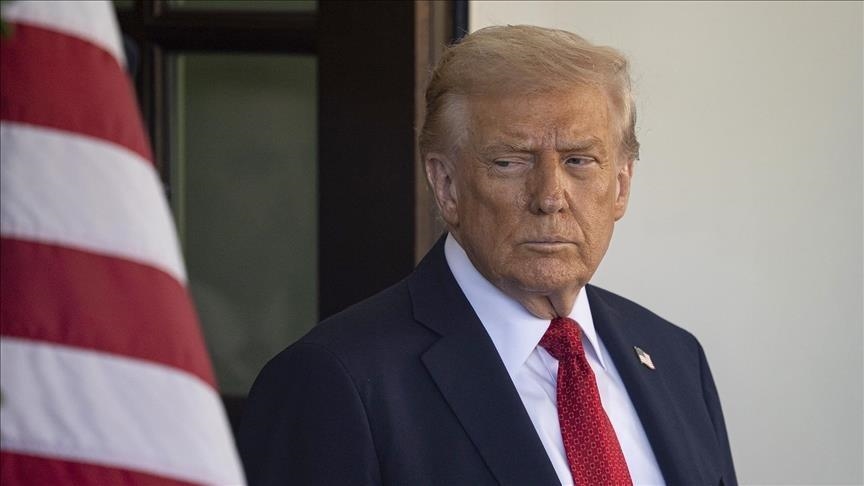Tensions between India and Pakistan have reached a boiling point, prompting concern from the international community, including the Kremlin. The Russian government has expressed its deep worry over the escalating situation at the India-Pakistan border in Kashmir, where suspected militants recently killed at least 26 people in a devastating attack. This tragic event has sparked a significant deterioration in relations between the two nuclear-armed nations, with troops from both countries engaging in gunfire exchanges.
Dmitry Peskov, the Kremlin’s spokesman, emphasized Russia’s valued relationships with both India and Pakistan, highlighting the importance of diplomacy in resolving the crisis. The Indian Army reported that its troops responded to alleged unprovoked small arms fire from multiple Pakistan Army posts, which started around midnight on Friday along the 740-kilometer de facto border separating the Indian and Pakistani areas of Kashmir.
The situation has led to a significant escalation, with India banning the import of goods originating from or transiting via Pakistan. This move is likely to further strain relations between the two nations, which have a long-standing dispute over the Kashmir region. The international community is watching the situation closely, with many calling for calm and restraint from both sides.
The exchange of gunfire between Indian and Pakistani troops is a worrying development, as it raises the risk of further violence and instability in the region. The Kashmir conflict has been a major point of contention between India and Pakistan for decades, with both countries claiming sovereignty over the region. The recent attack and subsequent developments have pushed tensions to a critical level, making it essential for both nations to engage in dialogue and find a peaceful resolution to the crisis.
As the situation continues to unfold, the international community remains hopeful that India and Pakistan will prioritize diplomacy and work towards a peaceful resolution. The Kremlin’s expression of concern serves as a reminder of the global implications of the conflict, emphasizing the need for restraint and cooperation from both nations. With the region teetering on the brink of further violence, the world watches with bated breath, hoping for a peaceful outcome to this longstanding dispute.
![mercy johnson kids bullied over false social media claims 'My kids are bullied in school' - Mercy Johnson cries out over false rumors[VIDEO]](https://mediatalkafrica.com/wp-content/uploads/2026/01/xMercy-Johnson-kids-bullied-over-false-social-media-claims-1024x576.jpg.pagespeed.ic.bnqUwKCnUx.jpg)


